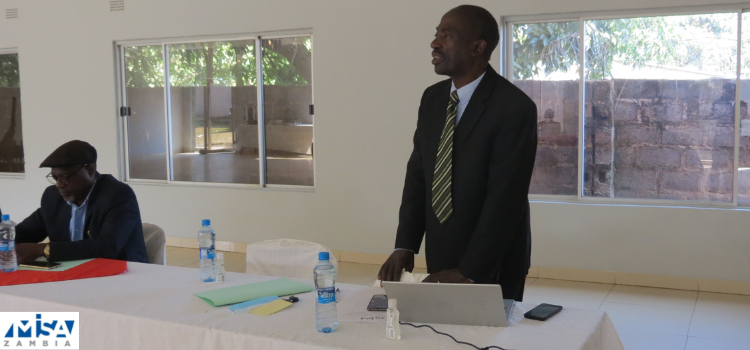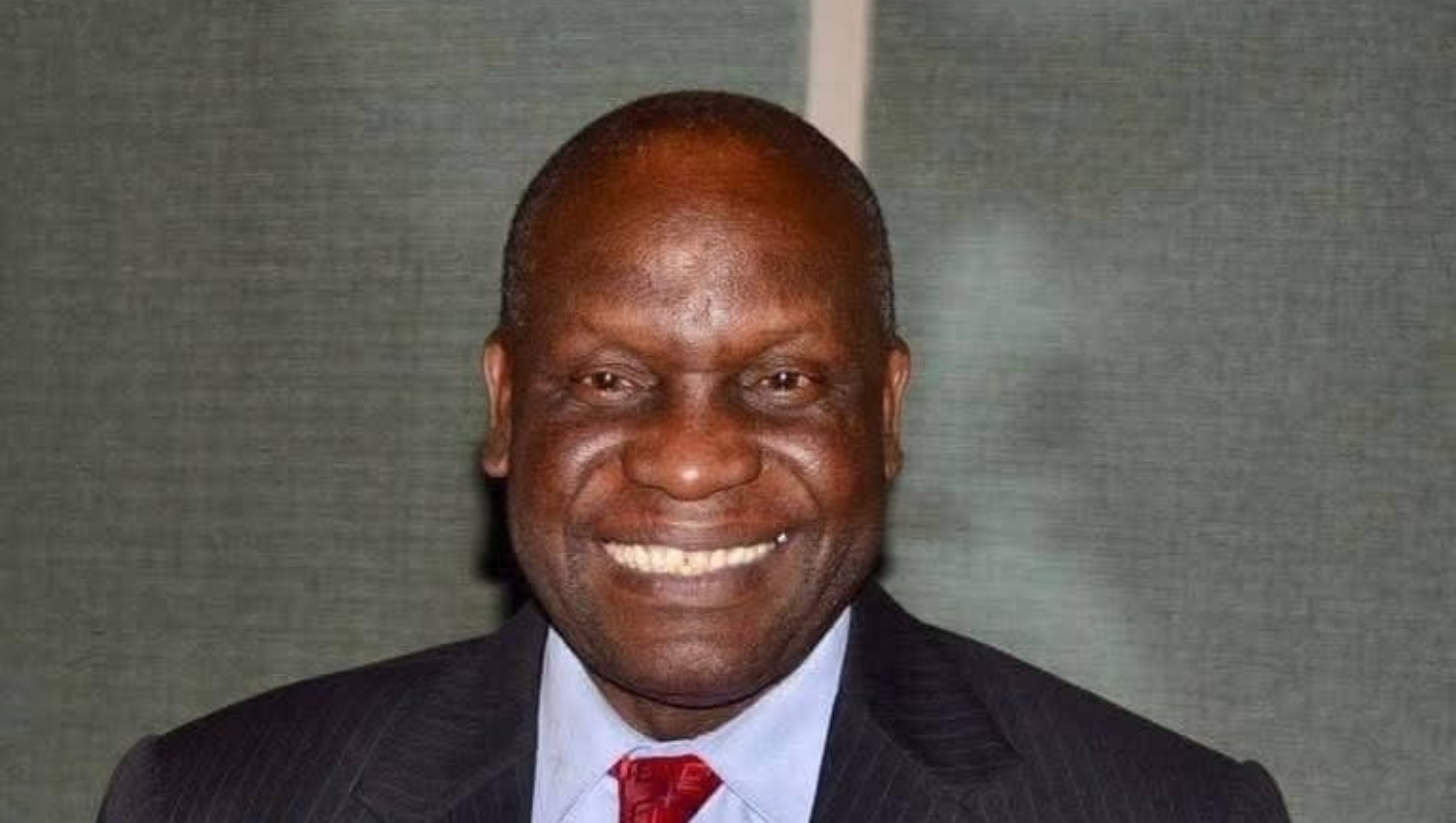MISA Zambia has called on the revision of the Cyber Security and Cyber Crimes Act to enable the media play its watchdog role and facilitate good governance.
Speaking during a World Press Freedom Day (WPFD) information session supported by UNESCO, MISA Zambia National Director Austin Kayanda says some provisions in the Cyber Security and Cyber Crimes law impact investigative journalism.
In agreeing with this year’s WPFD theme, Mr. Kayanda noted that journalism is under siege because of the developments in the media sector including the new laws that seek to prevent online crimes which have been enacted and their impact extend to the practice of journalism or media work.
The Director added that the search and seizure in the Cyber Security and Cyber Crimes Act makes journalism susceptible to exposing even sources that the journalists have pledged anonymity to.
Meanwhile, the World Press Freedom Day local organizing committee Chairperson Joy Chula who presented the key note address at the same event highlighted some of the resolutions that the committee was working on which include; Law reforms, Continuous advocacy for ATI, Media self-regulation road map, re-establishment of a media trust fund, media entrepreneurship, wages for journalism and Digital security training for journalists among others.
This event was held as part of the post-World Press Freedom Day commemorations with support from UNESCO who made a presentation during the same event on Understanding digital surveillance and its impact on media freedom.
MISA engages Eswatini government on expression and media freedom
Pic: Left to right, Bongani Mkhaliphi, the Senior Information Officer; Nqaba Matshazi, Fundraising and Regional Campaigns Coordinator; Prince Mshishimba A.S. Dlamini, Principal Secretary; Dr Tabani Moyo, MISA Regional Director; Ms Bongiwe Duma-Dlamini, Legal...









